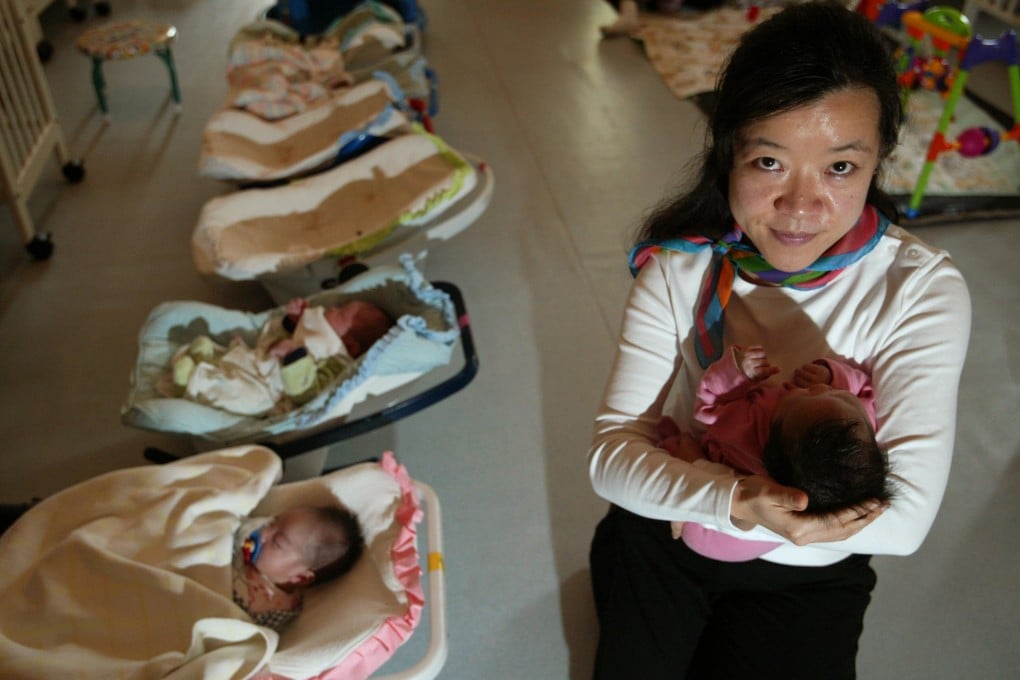Small miracles: How hundreds of babies left in a squalid orphanage found loving adoptive parents
Hundreds of babies left inside a squalid mainland orphanage have found loving adoptive parents, thanks to one woman's dedication

They were notoriously called the "dying rooms" where mostly unwanted or orphaned baby girls were sent within state orphanages until the mid-1990s. These babies were a by-product of the mainland's one-child policy.
Chan Kit-ying, 50, now director of services at Mother's Choice in Hong Kong, spent more than a decade helping to change policy in one state orphanage in Nanning, in the Guangxi Autonomous Region. Her dedication led to hundreds of babies being adopted abroad and a change in mindset among officials there.

From an early age Chan was drawn to the idea of working with children, and she majored in child psychology and sociology. The divorce of her eldest brother when divorce was still a source of shame in Chinese families, led her to observe the impact it had on her 18-month-old nephew.
"I volunteered with Mother's Choice and I remember walking in and seeing all these Western women," Chan recalls. "I would help with translating, going to the market, going to the hospital, cooking for young women. The [founders] were non-Hong Kong people, but they loved Hong Kong people, so I just enjoyed being in that environment."
By September 1988, Chan had been hired as Mother's Choice's first social worker, although really her job title could have been expanded to house mother, childcare worker and more as she started out her journey with the charity in the early years, with a hostel for young women, counselling for families, childcare and adoption services.